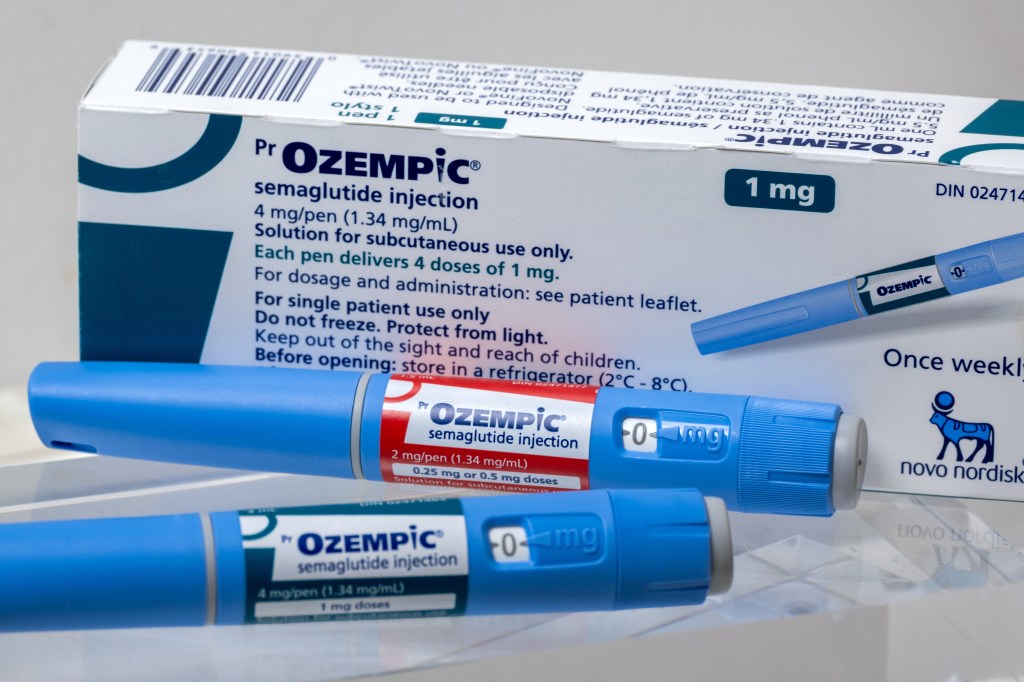Medications that have transformed overweight treatment can also help people drink less alcohol, according to new government -funded research.
The study was small – only 48 adults – and lasted just over two months, so it’s not the last word. Experts say it is not yet clear how safe these medicines are for people who do not need to lose weight.
But the results add evidence from animal studies and the reports that people are finding medicines like Ozepic and Wegovy useful to manage desires, not only for food but also for tobacco and alcohol. Scientists are studying these medicines in smokers, people with opioid addiction and cocaine users.

“These are such promising data. And we need more of it,” said study co -author Dr. Klara Klein, from the University of North Carolina in Chapel Hill, who treats patients with diabetes and overweight.
“We will often hear that after people start these medicines that their desire to drink is very reduced if it is not completely repealed.”
Drugs, known as GLP-1 receptor agonists, work by imitating hormones in the intestine and brain to regulate appetite and feelings of fullness. The new study looked at one of these drugs, Semaglutide, which is the drug in Ozepic and Wegovy.
The research, published Wednesday in the journal Jama Psychiatry, was funded by the National Institute for Alcohol Abuse and Alcoholism, part of the National Institute of Health.
There are already three approved medicines to treat alcohol use disorder, so while the most studies confirm the findings, people should talk to their doctor about what already available, said lead author Christian Hendershot, a researcher of dependence at the University of Southern California.

For the new study, researchers recruited people who reported symptoms of alcohol use disorder, such as difficulties in controlling their drinking, but were not actively seeking treatment for it.
First, each person came to a lab where they served their favorite alcoholic beverages and could drink as much as they wanted for two hours.
Then, the researchers randomly appointed half of the people to get a weekly semaglutide injection. The other half got shameful injections.
For nine weeks, everyone was tracking their drinking habits and their desire for alcohol. A laboratory visit with their favorite alcohol was repeated at the end of the study.
During the last few weeks of the study, nearly 40% in the semaglutide group did not report severe days of drinking compared to 20% in the placebo group. And in the final test of the lab, the semaglutide group drank approximately half the amount, on average, compared to those who took placebo.
Everyone in the study were overweight. It is unclear how safe would be medicines for a person of normal weight, Klein said.
Smokers in the study who received semaglutide also cut cigarettes, noted the Luba Yammine of Uthealth Houston, who is leading other GLP-1 drug research for people who want to quit smoking. The finding is promising, but more data is needed, Yammine said.
The study “provides additional information important about the possible role of this new class of medication” in the treatment of certain addictions, said Dr. Lorenzo Leggio, a NiH researcher who is leading a 20-week semaglutide judgment on alcohol use disorder now in Baltimore.
“It is important to keep in mind that we need greater occasional clinical evidence to confirm these findings,” Leggio said.
#Ozepic #Boza #cuts #people #alcohol #disorder #study
Image Source : nypost.com